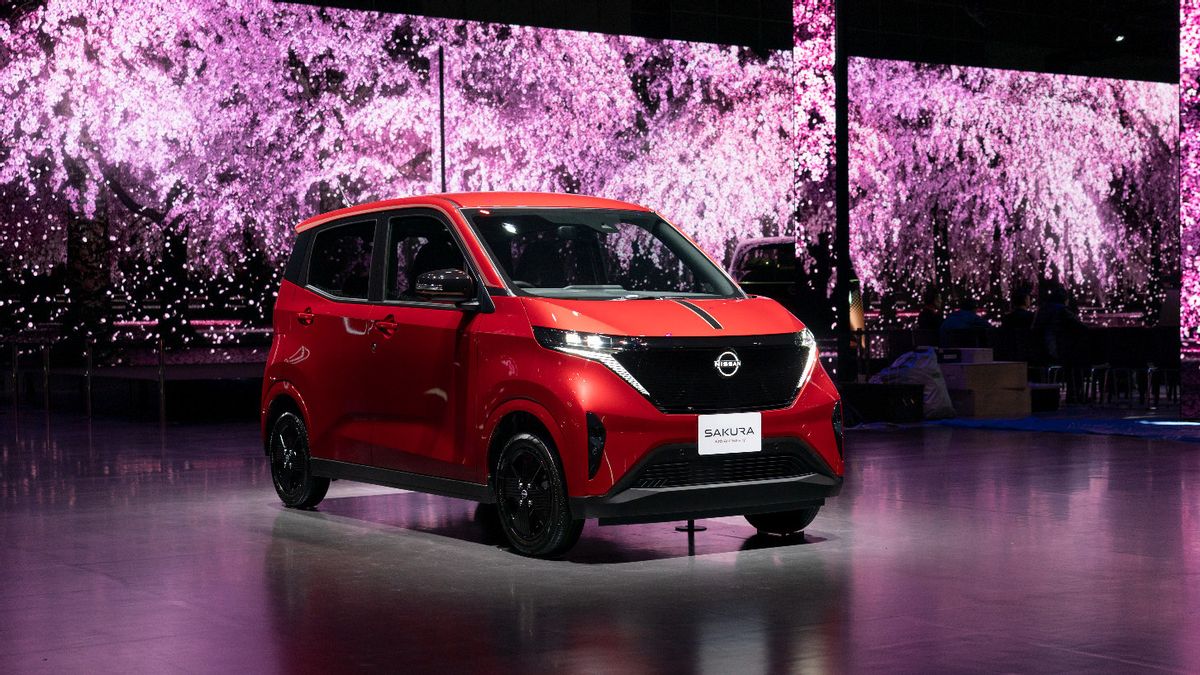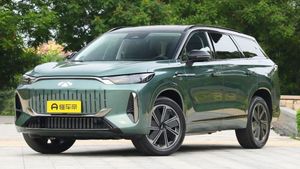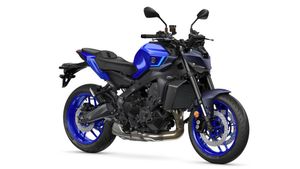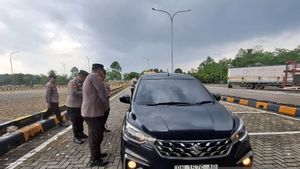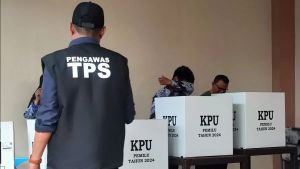JAKARTA - Nissan Motor Co., Ltd announced the development and mass production of lithium-iron phosphate (LFP) batteries for the latest electric vehicles has been approved by the Ministry of Economy, Trade and Industry (METI) in Japan.
With this development, the manufacturer intends to establish a base in Japan by strengthening battery supply chains and promoting the use of electric vehicles with LFP materials.
Nissan President and CEO Makoto Uchida said the adoption of the LFP battery was a more reasonable option in providing electric vehicles at affordable prices.
"Nissan will adopt an LFP battery to meet the various customer needs and provide more affordable electric vehicles," Uchida said on the manufacturer's official website, Tuesday, September 10.
Not only that, Uchida confirmed that the battery will be installed in a small electric vehicle for 2028.
The battery, which will be developed and mass-produced in Japan, will be installed in electric mini vehicles starting in fiscal year 2028, added Uchida.
SEE ALSO:
Nissan invested in the LFP battery assembly in the Sakura country of around 153.3 billion yen (Rp 16.5 trillion) with a production scale of 5 GWh.
This automotive manufacturer based in Yokohama is one of many brands that are determined to produce electrified vehicles in the future. Through business planning The Arc, Nissan will launch 30 new models in the future globally with 16 of them being EVs.
Nissan plans to reduce the production cost of next-generation electric vehicles by 30 percent, paving the way for the balance of costs between EVs and ICE vehicles by 2030.
The brand also details several models to be launched for several markets, such as eight New Energy Vehicle (NEV) models in China, seven models in the US and Canada, five models in Japan and the Middle East, as well as three models in India and Africa, and two models in Oceania.
Despite maintaining a balance between ICE and EV in the next two years, Nissan plans to increase investment in electrification by more than 70 percent by 2026.
Thus, it is hoped that Nissan's global sales of electric vehicles can increase by 40 percent by 2026 and achieve growth to 60 percent by 2030.
The English, Chinese, Japanese, Arabic, and French versions are automatically generated by the AI. So there may still be inaccuracies in translating, please always see Indonesian as our main language. (system supported by DigitalSiber.id)
